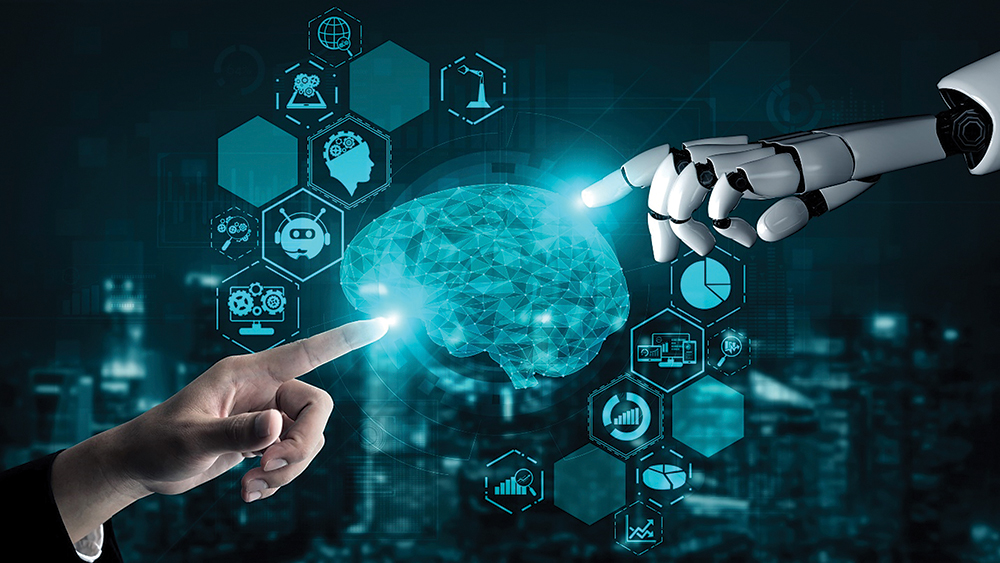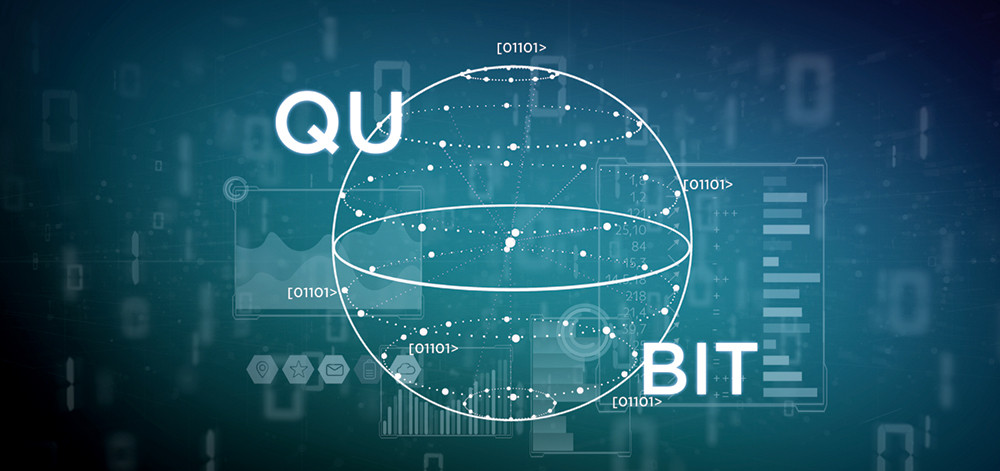
The world has changed significantly due to recent technological advancements including AI, a versatile tool that allows us to combine information, analyse data, and apply the resulting insights to enhance decision-making. Artificial intelligence is a game changer in how data is used for society, economy and governance. In Nepal, there are a few tech startups who have initiated steps to ensure that Nepal does not get left behind in this global tech revolution. In this article, we will discuss cutting-edge applications in the fields of finance, national security, healthcare, criminal justice, transportation, and smart cities. We will also dwell on problems related to data access, algorithmic bias, AI ethics and transparency, and legal liability for AI decisions. Readers can also find recommendations in this article for maximising the potential of AI while still upholding crucial human values in Nepal. AI has evolved into one of the defining traits of the modern, interconnected society. It pervades all aspects of everyday life. It observes us, hears us, and continuously picks up on our actions even when we aren’t aware of how it is doing so. We can observe the employment of AI in Gmail, WhatsApp, and other social media platforms to guess what we want to write about. An exhaustive definition of AI does not exist.
According to Stuart Russell and Peter Norvig, artificial intelligence is a machine that behaves and thinks rationally much like a human being. Although Nepal’s lack of policy-level action on artificial intelligence is regrettable, the application of AI-based technologies in the banking and healthcare industries demonstrates that Nepal is not lagging behind in the use of this technology. AI’s impact on emerging nations is increasingly noticeable. We can observe how these nations have been able to overcome a variety of difficulties thanks to technological advancements. In particular, Nepal may gain from this in the areas of agriculture, health care, resource provision, transportation, electricity, and other areas. The government’s policies and the business sector’s investment in AI will determine how this may be accomplished. Although some commercial businesses are active in the area of AI, there hasn’t been much usage of this technology up to this point. Fuse Machines, an AI business in Nepal, was established in 2011 and has been working in several industries to create machines and programmes that are AI-enabled. A robot waiter for the restaurant industry is being developed by Paaila Technology, along with text to speech converters, they have created speech recognition software for the Nepali language. Another group of AI enthusiasts is cooperating to bring various events to aid understanding and use of AI.
They are an organisation that does research and development called Artificial Intelligence for Development (AID). Their main goal has been to provide the community with answers to current challenges using applied AI. AI has innumerable uses. It can be used by Nepali microfinance firms to assess risk and spot fraud. Drones were used in response to the 2015 earthquake. The data gathered at the time also allowed for the tracking of large-scale movement. Nepal Telecom and Ncell, two significant Nepali telecom companies, further assisted with location tracing at that time. Large-scale data analysis is what allows all this to happen. In the wake of the earthquake, Fuse Machines and GeoSpatial worked together to aid in the rebuilding research of Sankhu city. AI also aids in determining the ideal harvesting window. With the use of smart technology, farmers may apply pesticides selectively to damaged plants. Fresh Mart from Nepal is one example of how technology transformed the conventional farming methods while increasing profits. Dairy producers using AI to track which of their cows are ill.
Artificial intelligence can be useful for delivering high-quality education. For kids in remote regions without access to quality education, AI solutions like personal learning assistant can be crucial. It is time for legislators to establish detailed strategies to utilise digital technology to make Digital Nepal a reality. The most effective examples are Neema Academy and mySecondTeacher. The application of AI in the medical sector may offer further advantages. Jeevee is an example wherein users may effortlessly access the best physicians, hospitals, and health products/services with just one touch. The use of drones for delivering medicines to remote locations and collection of medical data is extremely important. AI has the potential to improve service delivery while also stimulating the economy. With incremental, deliberate improvements that are planned, AI is an essential tool to improving lives. Developing nations like Nepal must concentrate on adopting AI to tackle the smaller but most relevant issues. Thereafter the usage of AI may expand to more technical and sophisticated uses.
Although there is no agreed-upon definition of AI, it is commonly understood to mean ‘machines that respond to stimulus consistent with traditional responses from humans, given the human ability for deliberation, judgement, and purpose’. These computer systems, according to researchers, ‘make judgements that generally require human level of skill’ and help users anticipate problems or deal with them as they happen. They thus behave in a deliberate, prudent, and flexible manner. Artificial intelligence algorithms are developed to make judgements, typically utilising up-to-date data. They are not like passive machines, which can only act mechanically or according to established rules. They integrate information from many sources, instantaneously evaluate it using sensors, digital information, or remote inputs, and then act in response to the inferences they make from the information. Thanks to considerable improvements in storage systems, processing speeds, and analytical methods, they are able to make sophisticated conclusions. In most AI initiatives, machine learning and data analytics are employed. Machine learning examines data to discover underlying trends. If this information reveals anything that is relevant to a real-world situation, software engineers can utilise it to evaluate specific issues. Data that are robust enough to allow algorithms to detect meaningful patterns are all that are required. Data examples include digital information, satellite images, visual data, text, and unstructured data. Finance, national security, healthcare, criminal justice, transportation, and smart cities are a few examples of AI uses. AI has a significant impact on national defence.
The American military is using AI as part of Project Maven ‘to sift through the vast troves of data and videos gathered by surveillance and then warn human analysts of patterns or when there is odd or suspicious behaviour’. How AI systems develop will have a significant impact on society as a whole. It concerns how ethical dilemmas are resolved, legal constraints are overcome, and how much transparency is demanded of AI and data analytic solutions. Software development decisions made by people have an impact on how decisions are made and how they are incorporated into organisational practices. Because they will have a significant influence on the general public, it is important to better understand how these activities are carried out. AI has the potential to revolutionise human affairs and emerge as the most important invention in history. READ ALSO:
- How Real Is Artificial Intelligence?
- Social and emotional intelligence is the ability to be aware of your emotions
- Catch And Retain Intrapreneurs






